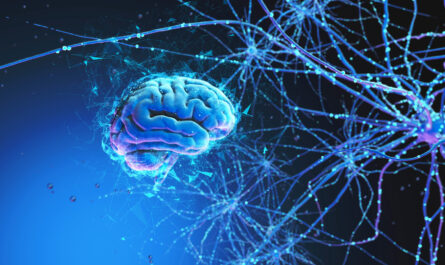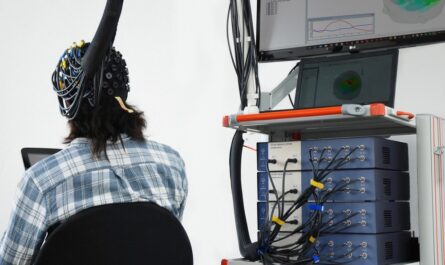Researchers at Cornell University have made a groundbreaking discovery regarding the functioning of memory in the brain. For the first time, they have found that the hippocampus, the region responsible for memory, is composed of two distinct sections. One section deals with past experiences and helps us remember time and places, while the other section is more predictive and actively constructs future behaviors.
Using advanced optogenetics, the scientists were able to disable one type of memory at a time in a rat study. They found that one type of neural code in the hippocampus allows us to connect the dots and remember specific tasks or destinations. For example, it helps us remember where we need to go, such as the bakery to pick up a loaf of bread. The second type of neural code, the predictive half, formulates new plans on the fly. If the bakery is unexpectedly closed, this section will come into play, formulating a plan B and predicting the alternative path to take, resulting in more flexible behaviors.
By manipulating neural activity in the rat’s brain, the researchers observed that the memory failed to stick when specific neurons were silenced. The rats could remember the starting and ending points of a path but were unable to retain the sequence of steps needed to reach the reward. During sleep, the same sequence of activity is replayed, allowing the neurons to fire in the same order and solidify the memory. In another experiment, when certain neurons were scrambled, the rats were unable to remember how to reach the goal, demonstrating the importance of planning and prediction in memory formation.
This discovery has significant implications for the treatment of memory and learning issues, particularly in diseases like Alzheimer’s and dementia. The hippocampus is a region greatly impacted by cognitive decline in these diseases, leading to memory loss and difficulties with navigation. Understanding the distinct functions of memory in the brain can help develop more targeted interventions.
Antonio Fernandez-Ruiz, assistant professor of neurobiology and behavior at Cornell’s College of Arts and Sciences, explains that by identifying which type of memory deficits occur in a patient, researchers can infer the underlying neuronal mechanism that has been compromised. This knowledge will ultimately aid in the development of more effective treatment strategies.
The findings of this study shed new light on the complexity of memory and cognition. They reveal that memory is not a singular process but rather consists of two distinct functions that can be dissociated. This breakthrough brings us one step closer to unlocking the mysteries of memory and developing innovative treatments for memory-related disorders.
*Note:
1. Source: Coherent Market Insights, Public sources, Desk research
2. We have leveraged AI tools to mine information and compile it




